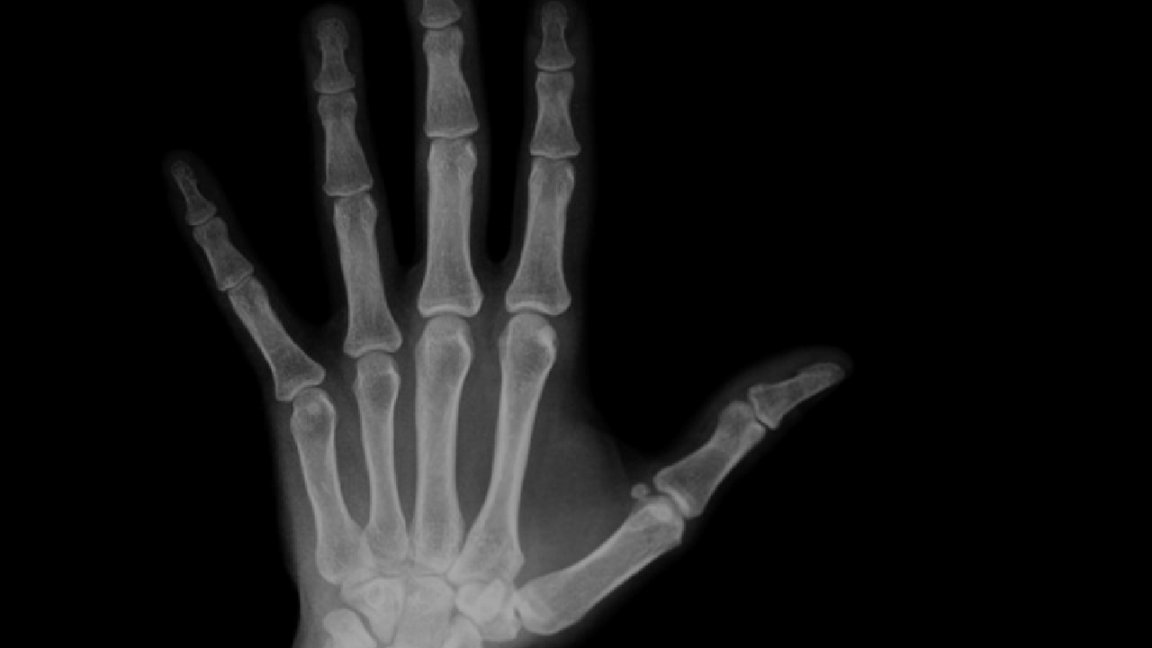
There is a common myth that, if you crack your knuckles too much, you get arthritis.
This isn’t true (which is why it’s called a myth). In reality, your body has a number of different joints, and inside a joint, there is a lubricant that serves a variety of purposes. This lubricant is known as “synovial fluid,” and it contains a number of different dissolved gasses.

When you crack your joint, the dissolved gasses that are contained in the fluid are rapidly released. This causes a gas bubble, and the volume increases by 15 to 20%. In fact, if you take an x-ray, you can see this gas bubble, and you won’t be able to crack your knuckle again until the gas bubble dissolves back into synovial fluid.
In short, when you crack your knuckle, you’re really just releasing gas.
And this practice isn’t known to cause arthritis. According to the MayoClinic, when rheumatoid arthritis occurs, the body’s immune system attacks the lining of the joint capsule, which causes inflammation and swelling. Osteoarthritis is caused when one bone grinds directly on bone. These are the two main types of arthritis and, as you’ll note, neither of these things are related to cracking your knuckles.
So while it may be a bit annoying to those around you, unless said people around you actually beat you up or something, it’s unlikely to actually impact your health.
In fact, Donald Unger tried to crack his knuckles for years in order to see the results. He heard that knuckle cracking would give one arthritis when he was in his teens, so he did the only natural thing…he started cracking his knuckles for science. However, he only did so in his left hand, and after 60 years, according to a 2009 Los Angeles Times story, he didn’t have arthritis and there was no significant difference in his joints.
Likewise, a 2010 study found that there was no correlation. As is true of most things in science, more research is needed, but in relation to this myth, the science is rather damning. Learn more in the video below.
